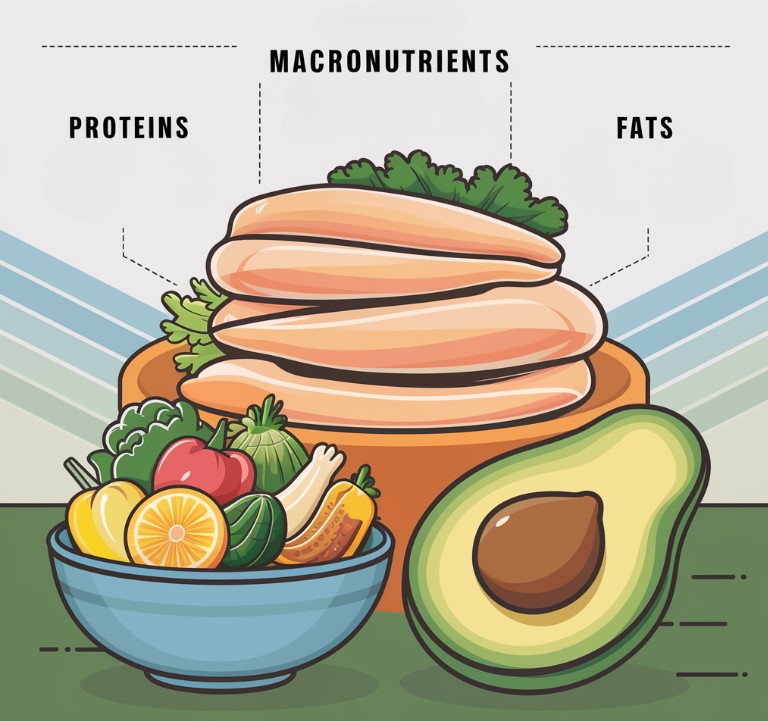When choosing the right flooring for your home, there are many factors to consider. One important factor is the insulating properties of the flooring material. Proper insulation can help to keep your home warm in the winter and cool in the summer, leading to energy savings and increased comfort.
But with so many different flooring options available, it cannot be easy to know which is the best insulator. Also, choosing the right manufacturer and store are crucial. If you are interested in lvt flooring, visit this site. In this article, we will explore some of the top flooring options for insulation and their pros and cons.
Vinyl

Vinyl is a synthetic flooring option made from PVC (polyvinyl chloride). It is a good insulator, as it has a low thermal conductivity and is resistant to heat transfer. Vinyl is also water-resistant and easy to clean, making it a good choice for damp or humid environments. However, it may not be as durable as other options and can be prone to staining.
- Pros:
Good insulator
Water-resistant and easy to clean
- Cons:
It may not be as durable as other options
Prone to staining
Limited design options
Moreover, it is a good option when it comes to eco-friendly terms. All materials used in the production can be recycled, and you can buy vinyl tiles made of recycled products as well.
Carpet

Carpet is a popular choice for flooring, especially in bedrooms and living rooms. It is soft, comfortable, and relatively inexpensive. But when it comes to insulation, carpet is not the best choice. Carpet is made of fibers that are tightly packed together, which can make it difficult for heat to pass through. However, the thickness of the carpet and the type of backing it has can greatly affect its insulating properties.
- Pros:
Soft and comfortable
Relatively inexpensive
- Cons:
Poor insulator compared to other options
It needs to be replaced more frequently
Can harbor allergens and dust
However, the insulation of the walls and floor in your home can affect whether using only a carpet as an insulation can be a good solution. If the floor is not resistant to cold, carpet won’t serve the purpose so much. On the other side, you can combine it with some other options to make it more comfortable.
Carpets are often used to improve the design of the living room and other parts of the home. There is a wide selection of models that you can find, which means that it won’t be an issue to fit the perfect one in your home.
Hardwood

Hardwood is another popular flooring choice, known for its durability and natural beauty. Unfortunately, it is made from solid wood, a good conductor of heat. As a result, it is not the best insulator, as it allows heat to pass through easily. However, hardwood flooring can be sanded and refinished multiple times, making it a durable option.
- Pros:
Durable and long-lasting
Natural beauty
- Cons:
Poor insulator
Expensive to install and maintain
It can be damaged by moisture and high humidity
Excellent design and technical features are the main reasons why this might be the right solution for your home. Even though it is more expensive than some other options, it will also serve for a much longer time.
Tile

Tile is a popular choice for flooring in kitchens and bathrooms, as it is water-resistant and easy to clean. It is also a good insulator, as it is made of ceramic or stone and has a low thermal conductivity. That means that it is resistant to heat transfer, making it a good choice for keeping your home warm in the winter and cool in the summer. However, tile can be cold and hard underfoot, which may not be comfortable for some people.
- Pros:
Water-resistant and easy to clean
Good insulator
- Cons:
Cold and hard underfoot
Expensive to install
It can be slippery when wet
Linoleum

Linoleum is a durable and environmentally-friendly flooring option made from natural materials such as linseed oil, cork dust, and wood floor. It is a good insulator, as it has a low thermal conductivity and is resistant to heat transfer. Linoleum is also moisture-resistant, making it a good choice for damp or humid environments. However, it can be prone to scratching and may not be as durable as other options.
- Pros:
Durable and environmentally-friendly
Good insulator
Moisture-resistant
- Cons:
Prone to scratching
It may not be as durable as other options
Limited color and design options
Cork

Cork is another environmentally-friendly flooring option made from the bark of the cork oak tree. It is a good insulator, as it has a high density and low thermal conductivity. Cork is also soft and comfortable underfoot, making it a good choice for areas where you will stand for long periods. It is also moisture-resistant and resistant to mold and mildew, making it a good choice for damp or humid environments. However, cork can be prone to scratching and may not be as durable as other options.
- Pros:
Good insulator
Soft and comfortable underfoot
Moisture-resistant and resistant to mold and mildew
- Cons:
Prone to scratching
It may not be as durable as other options
Expensive to install and maintain
Conclusion
When choosing the best insulating flooring for your home, it is important to consider your needs and budget. Carpet and hardwood may not be the best insulators, but they may still be a good choice for certain areas of your home. On the other hand, tile, linoleum, cork, and vinyl are good insulators and may be a better choice for areas where insulation is a top priority.
It is always a good idea to research and consider all your options before making a decision. Besides that, be sure to determine your budget and be aware of other aspects of these options, like expenses related to installation, and time needed for it. Also, the quality of insulation in your home along with the weather conditions in your area can be an important factor.
Related Posts:
- 20 Best Gaming Headset Under 50$ 2024 - for PC, PS4,…
- Top 10 Best Outdoor Basketball Shoes 2024 - Durable…
- Top 10 Best Office Chair Under 200 2024 - Ergonomic…
- 15 Best Shoes for Jumping Rope 2024 - Maintain a…
- 10 Best Climbing Harness of all Time 2024 - Opinion…
- Top 16 Best Office Chair Covers 2024 - Chair…







